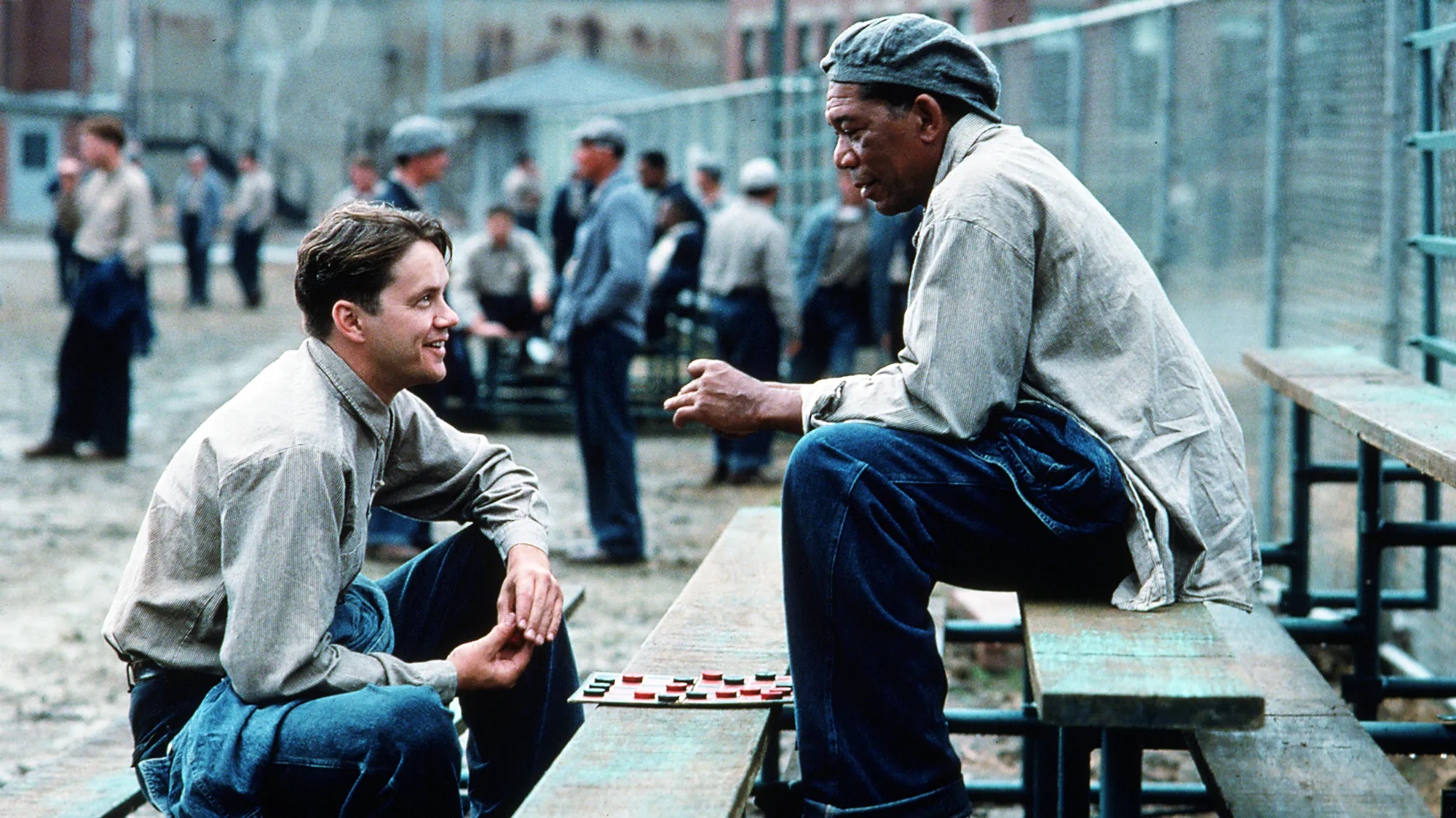By Ken Miyamoto from ScreenCraft · October 11, 2023

The most successful films offer a cathartic experience for the audience. And that cathartic experience is usually the result of the screenwriters and filmmakers presenting a story with universal themes that everyone can relate to in their lives. Cinematic catharsis is the feeling we feel during and after the story. It’s something that changes or resonates with you as a human being.
The actual story may have little or nothing to do with you personally, but the movie was so well written and produced that you somehow felt placed within the shoes of the protagonist and felt their own catharsis by the end of the film as they either achieved what they had been striving for against all odds or felt some relief from their struggles amidst tragedy.
That’s the magic of an amazing screenplay and movie, leaving the reader or the audience truly touched, affected, and sometimes changed. And that catharsis lies primarily within the universal themes presented in the movie.

The Shawshank Redemption (1994)
A theme is a universal idea, lesson or message present within a work of art. It is so recognizable to the masses that it instantly triggers a universal human emotion.
In essence, it’s the emotional and philosophical core of your story. It represents the message of the screenwriters and filmmakers, beyond the plot points and character arcs, to the audience:
These are all universal themes that tap into the souls and DNA of humans, allowing for the most direct connection.
Movie themes can also pose existential questions to the audience as well.
Movies can also point to our current society’s struggles and triumphs.
Universal themes also resonate in creating emotions that trigger empathetic reactions.
You don’t have to be estranged from your father to be touched by seeing a father and son reconnect.
Read More: 3 Philosophies to Finding Your Screenplay’s Theme
Nor do you need to know what it’s like to be poor and live off the streets as you chase a dream of being able to provide for your family.
Movies can sometimes define these themes with one single word:
With those examples, you can also define a movie theme by posing these questions:
As you can see, universal movie themes encompass many dynamics. Movie themes are the underlying message, philosophy, or perspective that forces the characters to react to the conflict as they do within the story.
They represent the DNA of the story, underneath the plot and character actions and reactions. They pose philosophical questions to the audience. And they invoke an emotional catharsis felt by the audience by the end of the movie as the credits roll.
Read More: Top 10 Themes of Pixar Movies

Star Wars (1977)
Whether it’s Light vs. Dark (Star Wars, Lord of the Rings), White Hat Heroes vs. Black Hat Villains (Westerns of the 40s, 50s, and 60s), Innocence vs. Evil (The Exorcist, Poltergeist, It), or Superheroes vs. Supervillains (Marvel Cinematic Universe, Batman, Superman, Wonder Woman), the battle between good versus evil is the most easily defined universal theme in the history of cinema. Well, besides…
Love is an intriguing theme because every human being craves it. We can all relate to being loved, wanting to love, and losing love.
And the theme of love is present in all genres, from science fiction to action, and everything in between.
Read More: 7 Rom-Coms That Defy Romantic Comedy Rules
Whatever the Perseverance or Underdog Story theme is, readers and audiences respond to them. Audiences love to be moved and inspired. In a world where a majority of the population doesn’t get a chance to chase their ultimate dreams, it’s intriguing to experience a story theme through the eyes of a protagonist who does.
Read More: How to Write a Compelling Underdog Story

Stand by Me (1986)
Coming of age is such a relatable theme because, at one point or another, everyone has that moment in their lives. It doesn’t matter what the era, setting or characters are. It resonates through the plot and through the character arcs provided.
Read More: Growing Pains: The Best Coming-of-Age Movies and Scripts
The universal themes of justice in movies are powerful because audiences want to see the protagonist prevail. For generations, we’ve lived in a world where the rich and powerful exploit the weak, whether it’s through corrupt politics, criminal underbellies of society, or corporate schemes and corruption. And those that don’t experience those things read about them in the news each day. We can empathize.
Whether it’s John Wick avenging the death of a puppy given to him by his dead wife, Mad Max avenging the death of his wife and child, or Django Unchained going on a quest to find enslaved love, the Justice they seek intrigues us.
There is no more ancient universal theme than Human versus Nature. Since the dawn of humans, man and woman have been battling the elements. And this story theme can branch out into additional universal themes of survival and philosophical quandaries.
Human vs. machine storylines introduce intriguing story themes about whether or not we will push technology to the point when technology takes over. This movie theme also forces the audience to ponder the questions:
Read More: The Problem with Capital Letter Themes
Ken Miyamoto has worked in the film industry for nearly two decades, most notably as a studio liaison for Sony Studios and then as a script reader and story analyst for Sony Pictures.
He has many studio meetings under his belt as a produced screenwriter, meeting with the likes of Sony, Dreamworks, Universal, Disney, and Warner Brothers, as well as many production and management companies. He has had a previous development deal with Lionsgate, as well as multiple writing assignments, including the produced miniseries Blackout, starring Anne Heche, Sean Patrick Flanery, Billy Zane, James Brolin, Haylie Duff, Brian Bloom, Eric La Salle, and Bruce Boxleitner, the feature thriller Hunter’s Creed, and many produced Lifetime thrillers. Follow Ken on Twitter @KenMovies and Instagram @KenMovies76.